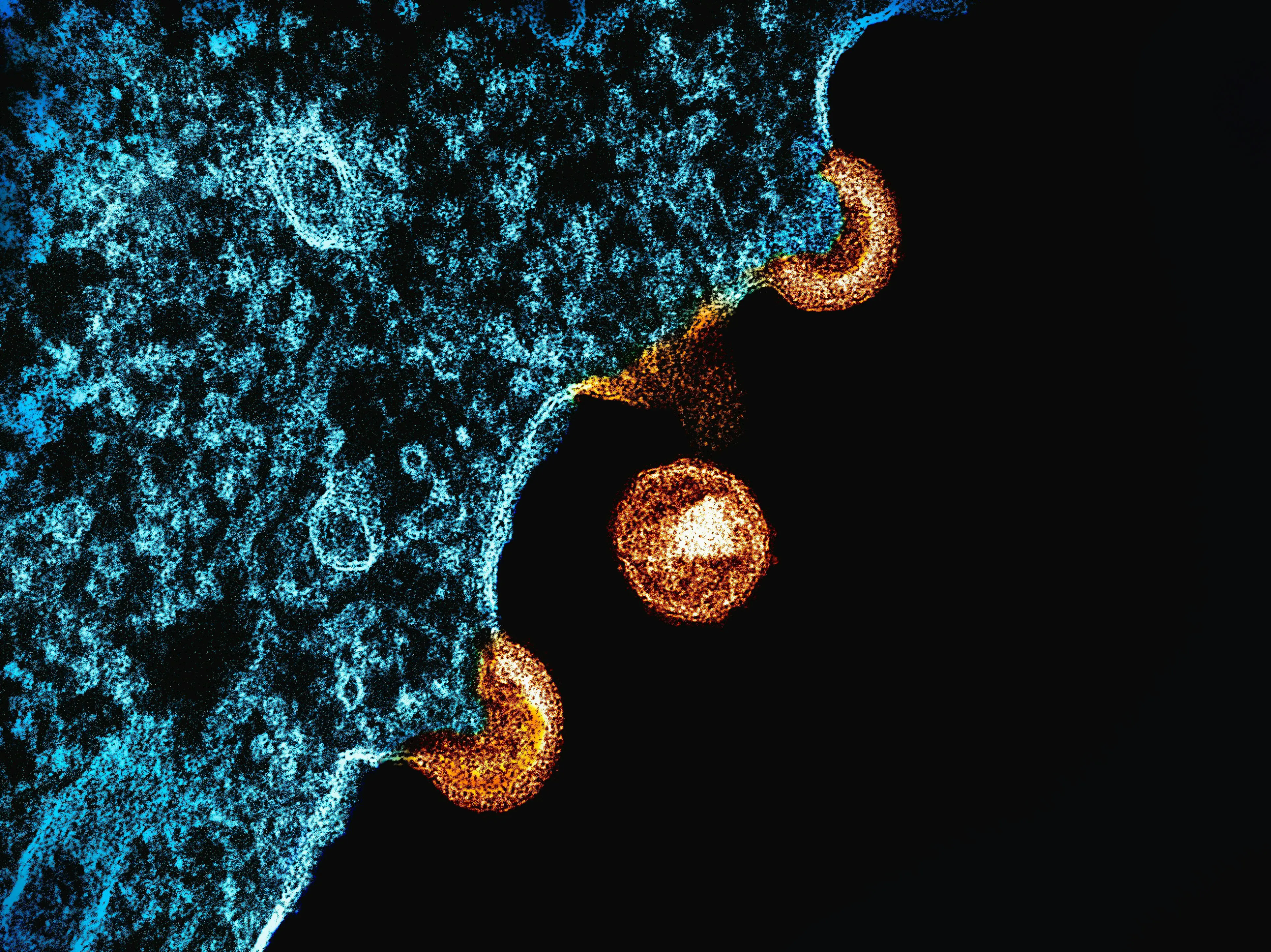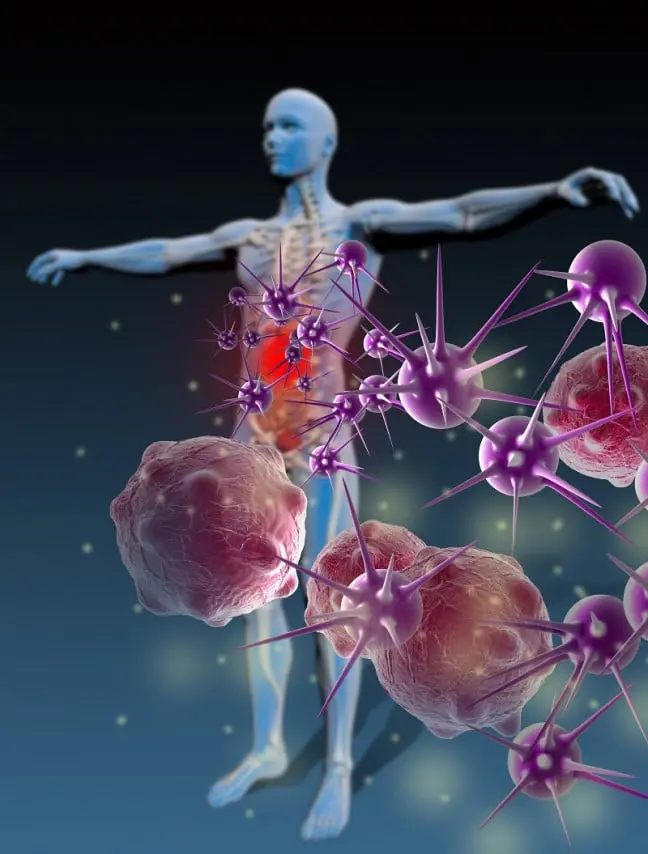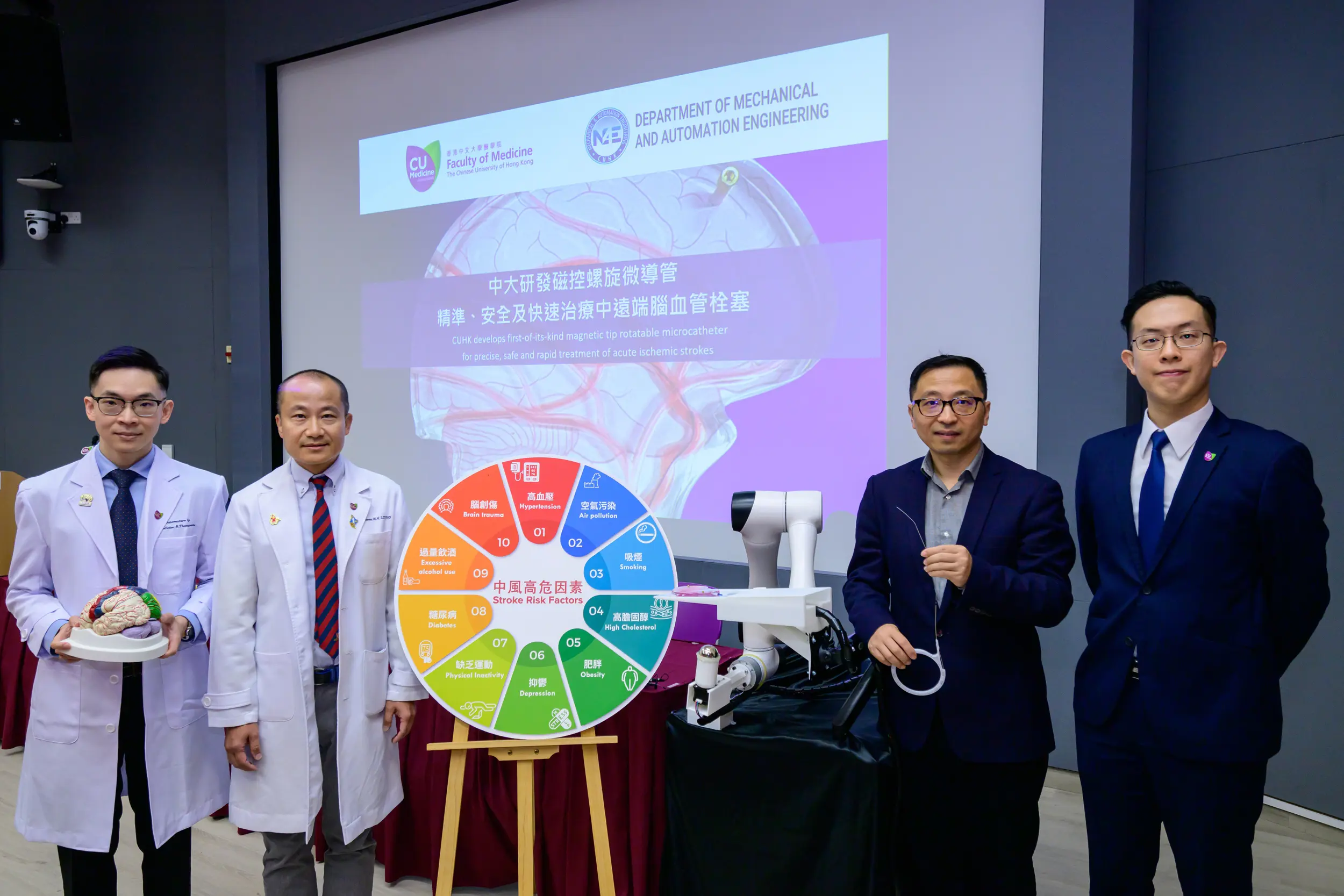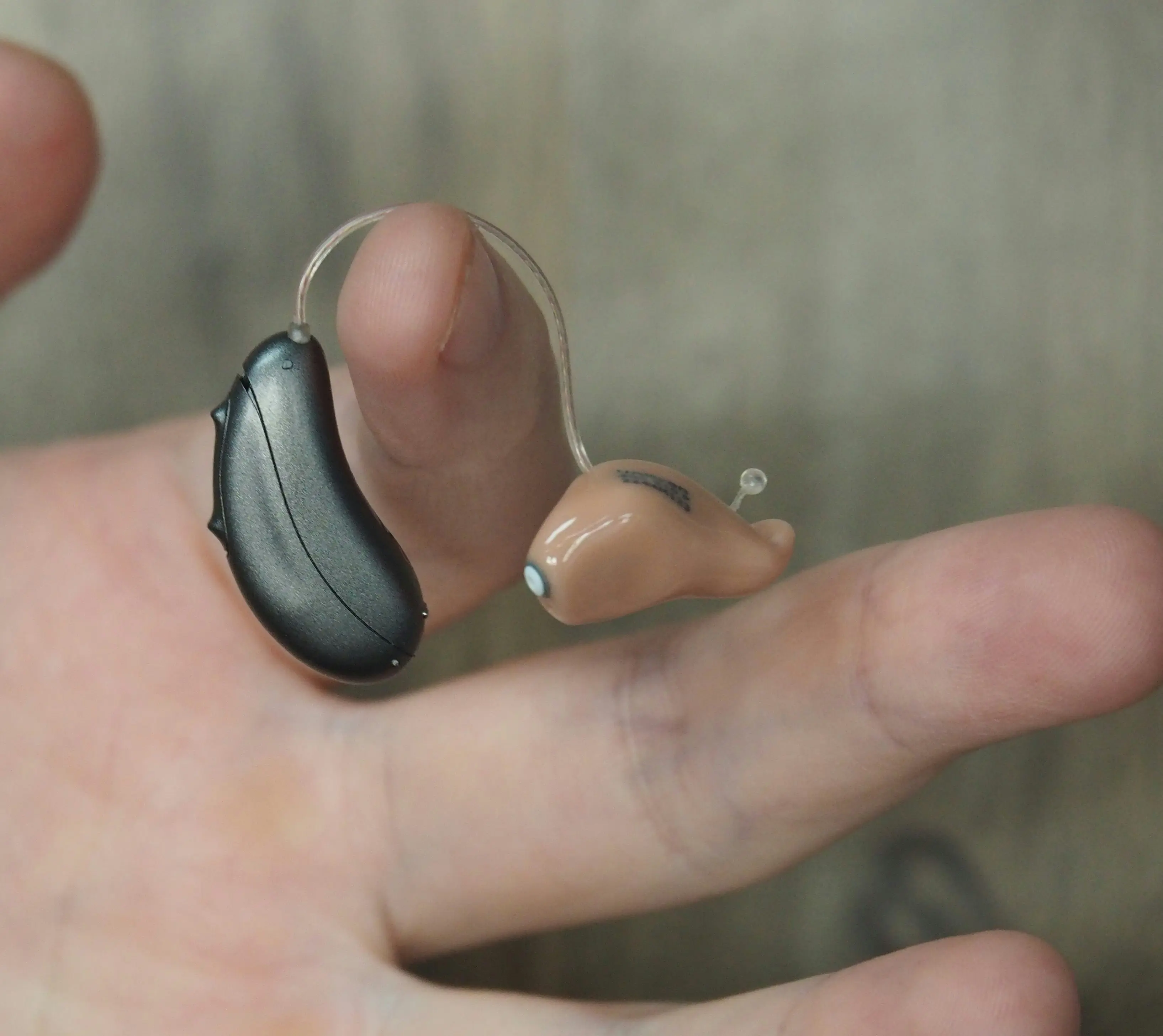Loading...
health
Technical University of Munich

How Beta-Carotene Supercharges Enzyme Performance Under Stress
New Insights Reveal How This Antioxidant Keeps Enzymes Working Hard, Even When The Going Gets Tough.

Seoul National University

Unlocking Genomic Diversity: The Mathematical Key To Overcoming Racial Bias
Snu Researchers Develop Innovative Tools To Bridge Gaps İn Genetic Studies.

Kyoto University

Unlocking The Secrets Of 'Junk' Dna: A Genetic Revelation
New Research Sheds Light On The Hidden Powers Of Non-Coding Dna

The University of Auckland

Ai's New Role In Dementia: Predicting The Unpredictable
Revolutionizing Early Diagnosis With Machine Learning Magic

University of Texas at Austin

AI Just Supercharged mRNA Medicine, And the Future of Disease Treatment May Never Be the Same
A revolutionary tool developed at the University of Texas uses artificial intelligence to speed up the design of mRNA therapies for viruses, cancers, and genetic conditions, cutting development time from months to days.

John Hopkins University

Scientists Grow a Miniature ‘Whole Brain’ in the Lab, And It’s Unlike Anything Seen Before
In a world-first, Johns Hopkins researchers develop an organoid mimicking the entire human brain structure, opening new doors for understanding autism, schizophrenia, and Alzheimer’s.

Harvard University

The HIV Comeback No One Saw Coming: Cuts in Funding Are Fueling a Dangerous Resurgence
After decades of progress, HIV rates are quietly rising again, and experts warn that political complacency and shrinking budgets could erase hard-won gains in prevention and care.

Harvard University

The Cure Within: How the Immune System Is Being Rewired to Destroy Cancer
A revolutionary wave of cancer immunotherapies is changing everything we thought we knew, turning the body into its own most powerful weapon against tumors.

Yale University

The Forgotten Patients: Bold New Plan Aims to Fix a Shocking Gap in Healthcare
A sweeping initiative from Yale University confronts the systemic failures in medical care for people with intellectual and developmental disabilities, and promises long-overdue change.

Harvard University

This Cancer Breakthrough Could Help Millions: One Therapy, Many Tumors
A revolutionary new immunotherapy from Harvard researchers works across multiple cancer types, potentially transforming treatment for countless patients

The Chinese University of Hong Kong

A Magnetic Breakthrough in Stroke Surgery: This Tiny Invention Could Save Millions
Engineers and doctors in Hong Kong have developed a world-first magnetic microcatheter that can rapidly and safely reach brain clots, offering unprecedented precision in the fight against stroke.

Yale University

High Blood Pressure May Undermine Breastfeeding Success, Alarming Study Finds
New Yale research reveals a surprising link between maternal hypertension and early breastfeeding struggles, raising crucial questions for postnatal care.

The University of Western Australia

A 50-Year-Old Problem Finally Solved: New Device Could Save Babies From Birth Asphyxia
Western Australian innovation promises real-time detection of fetal oxygen deprivation during labour potentially preventing cerebral palsy and other lifelong disabilities.

Harvard University

When The Immune System Turns on You: New Clues to Allergies, Asthma, and Autoimmunity
Harvard researchers are uncovering how rogue immune cells trigger chronic illnesses, and how to stop them before they start.

Harvard University

The Silence Breaker: New Genetic Discovery Brings Deafness Cure Within Reach
What scientists just found in the inner ear could change everything.
